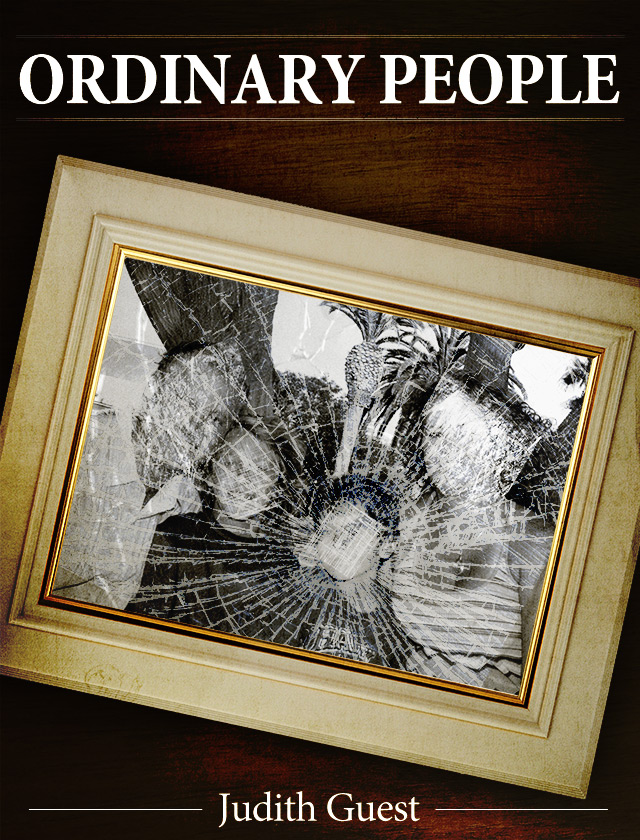Ordinary People
by Judith Guest
Significant Quotations
Ordinary People is known for its stream-of-consciousness approach, which offers tremendous insight into its protagonists, Conrad and Calvin, as well as into the psyches of the other characters in the novel.
Quotation One: There were one or two guiding principles to get him through the day. Some ambitious plans, also, for putting his life in order. But the details have somehow been lost. If there ever were any.
This quote appears in chapter one and describes Conrad’s feelings when he got out of the hospital. He had a small set of rules that he felt would help him manage life outside of the hospital, but now that he has been out of the hospital for a month, he feels like he has lost access to those principles. Instead of feeling better after having been out of the hospital a month, he feels more vulnerable than he did when he was first released. He seems to question whether he was ready to leave the hospital and whether he would be able to cope with life on the outside.
Quotation Two: Responsibility. That is fatherhood. You cannot afford to miss any signs, because that is how it happens: somebody holding too much inside, somebody else missing signs.
This quote appears in chapter two and reflects Calvin’s feelings about fatherhood. His obsession with missing signs is understandable. Conrad attempted suicide and Calvin feels like there must have been signs, but if there were, he simply failed to see them. As a result, Calvin blames himself for Conrad’s suicide attempt. There is also some self-blame for Buck’s death, as if the accident could have been prevented through more careful monitoring. Moreover, this quotation serves to highlight the differences between Calvin and Beth, because Calvin wants to talk through things and try to repair their family. He feels that holding things inside has contributed to a situation in which Conrad would try to commit suicide.
Quotation Three: He still believes in the picture...
Sign up to continue reading Significant Quotations >